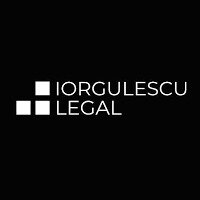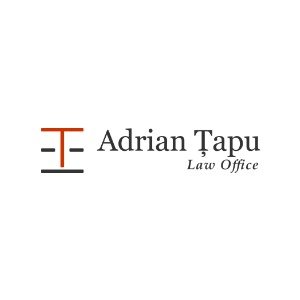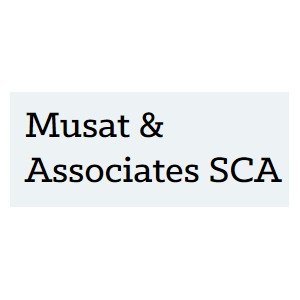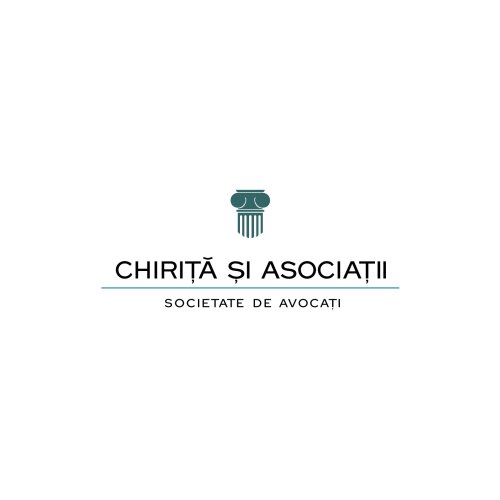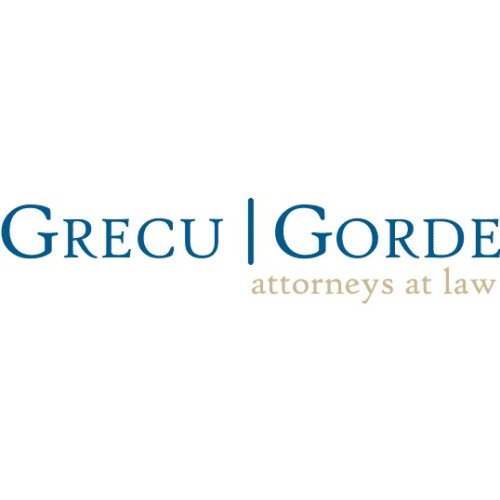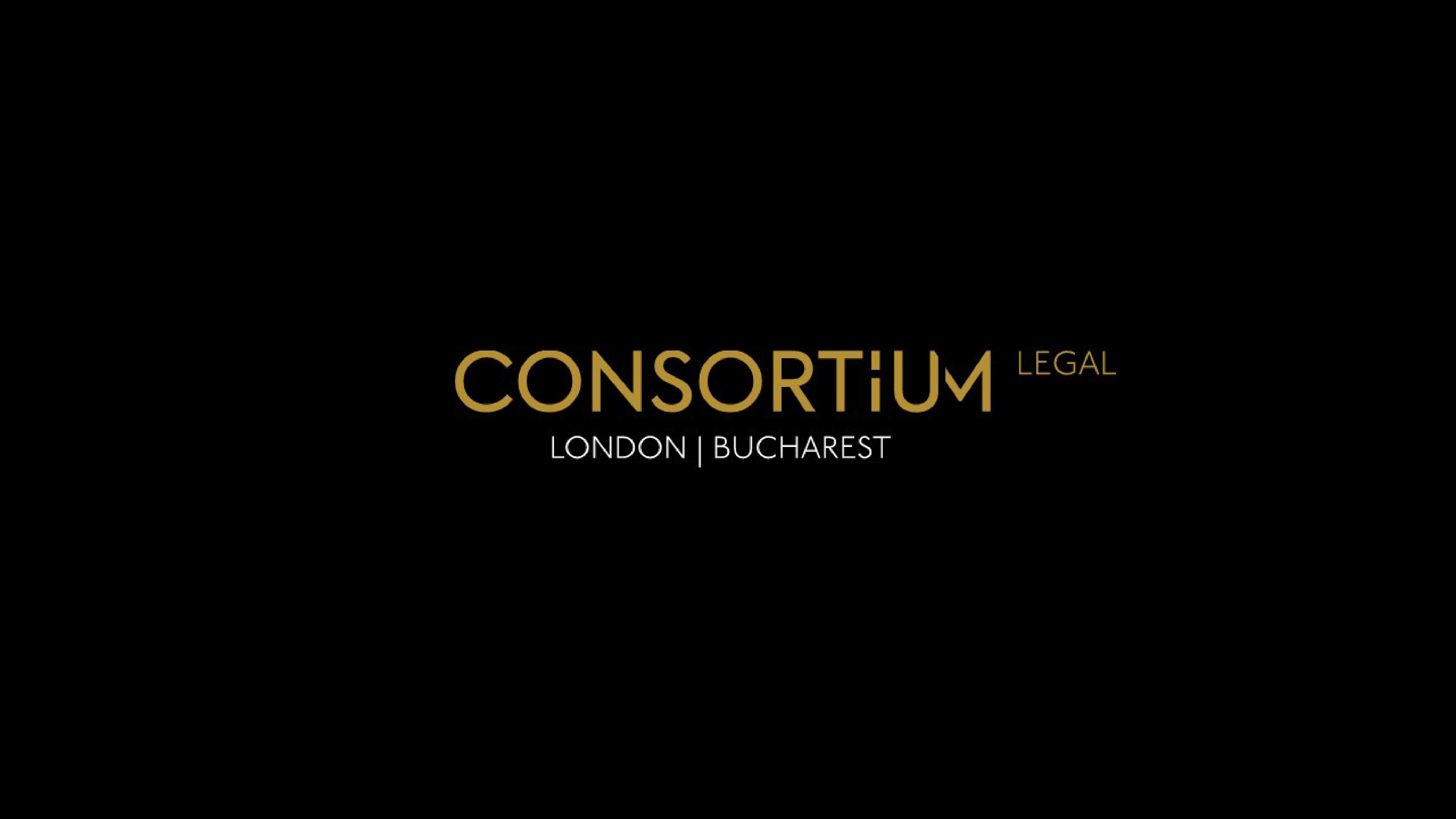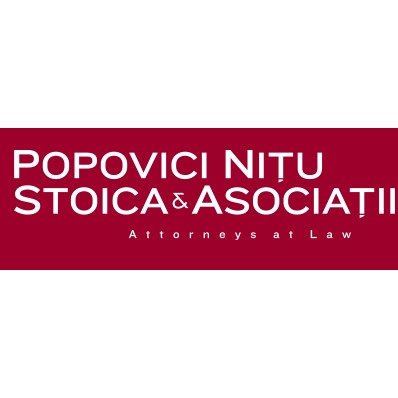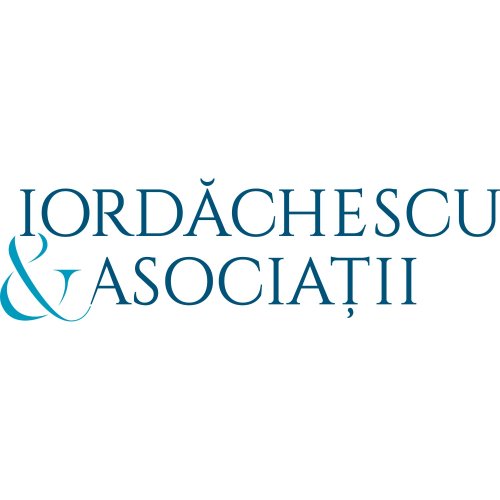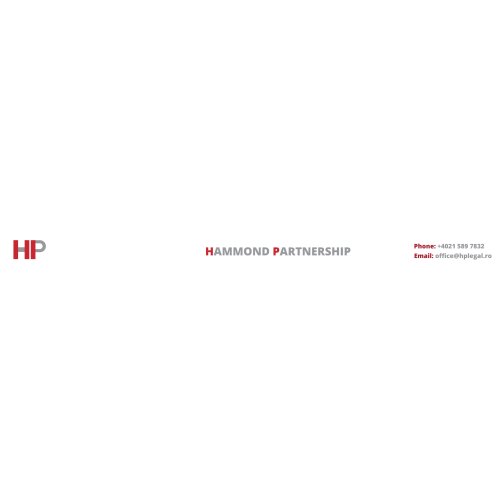Best Water Law Lawyers in Romania
Share your needs with us, get contacted by law firms.
Free. Takes 2 min.
Or refine your search by selecting a city:
List of the best lawyers in Romania
About Water Law in Romania
Water Law in Romania encompasses the legal framework regulating the use, management, and protection of water resources within the country. This branch of law covers surface and underground waters, their use for personal, industrial, and agricultural purposes, and the environmental standards required for their protection. The foundation of Water Law is primarily established by the Romanian Water Law no. 107/1996, frequently amended to align with European Union directives and environmental policies. Water Law aims to balance the interests of economic development with sustainable water resource management, public health, and ecosystem preservation.
Why You May Need a Lawyer
There are several situations in which legal counsel may be necessary in Water Law matters in Romania. These include:
- Securing water use permits for domestic, agricultural, or industrial purposes
- Resolving disputes over water rights or access between private landowners or companies
- Complying with environmental regulations regarding water pollution and wastewater discharge
- Navigating regulatory procedures for building near rivers, lakes, or protected water zones
- Addressing administrative actions or fines resulting from alleged violations of water management laws
- Participating in public consultations or environmental impact assessments involving water resources
- Understanding and complying with EU legislation on water protection as transposed into Romanian law
- Contesting limitations imposed by authorities on the use of water resources during drought, pollution, or other crises
Local Laws Overview
Some of the most relevant legal provisions governing water use and protection in Romania include:
- Water Law no. 107/1996 - Establishes the general legal regime for water resources, including ownership, usage rights, permitting, and protection measures.
- Government Decision no. 351/2005 - Creates the legal framework for identifying vulnerable zones to nitrate pollution from agricultural sources.
- Law no. 458/2002 - Relates to drinking water quality, including standards that must be met by suppliers and authorities.
- EU Water Framework Directive - Integrated into Romanian law, it sets out objectives for achieving good qualitative and quantitative status for all water bodies.
- Permitting and Authorizations - Any use or modification of water bodies often requires permits issued by the “Romanian Waters” National Administration.
- Discharge Regulations - Strict regulations are in place for wastewater and industrial discharges into water bodies to protect public health and the environment.
- Public Participation - Law ensures stakeholders and the public can participate in certain procedures, such as environmental impact assessments for water-related projects.
Frequently Asked Questions
What is required to use water from a river, lake, or groundwater in Romania?
Nearly all extractions of water for domestic, agricultural, or industrial use require a permit from the “Romanian Waters” National Administration. The complexity depends on the intended use and volume.
Who owns water resources in Romania?
All surface and underground waters are public property of the state, which manages usage and protection through relevant authorities and legislation.
What are the penalties for unauthorized water use?
Penalties may include fines, orders to cease the unauthorized use, and in some cases, criminal charges, depending on the severity and nature of the infraction.
Can neighboring landowners contest your use of water?
Yes, if your water use affects the rights or land of others, disputes may arise and can be resolved through legal or administrative proceedings. Mediation may also be an option.
Are there special rules for water use in agriculture?
Yes, agricultural use must comply with restrictions regarding pesticides, fertilizers, and water extractions. Additional obligations may exist for farms in vulnerable or protected zones.
What is an environmental impact assessment in water law?
Certain projects with potential effects on water resources require an environmental impact assessment (EIA), a formal procedure that evaluates and mitigates negative impacts before authorizations are granted.
How are problems like pollution or contamination reported?
Such incidents must be reported to local environmental agencies, water management authorities, or health authorities, who will investigate and potentially take enforcement action.
What legal obligations do companies have regarding wastewater?
Companies discharging wastewater must comply with strict legal limits for pollutants and often require monitoring systems, reporting obligations, and permits for lawful discharge.
How does EU law influence Romanian water regulations?
Romania, as an EU member state, has harmonized much of its water legislation with EU directives on water quality, management, and public access, affecting both national and local procedures.
Can private individuals dig wells freely on their property?
No, digging wells or extracting groundwater typically requires authorization. This aims to prevent overuse, pollution, and to protect water resources for all users.
Additional Resources
- “Romanian Waters” National Administration (Administrația Națională Apele Române) - Main body responsible for water management, authorizations, and information dissemination.
- National Environmental Protection Agency (Agenția Națională pentru Protecția Mediului) - Key authority for environmental issues, including water quality and impact assessments.
- Ministry of Environment, Waters and Forests (Ministerul Mediului, Apelor și Pădurilor) - Government body overseeing water law policy and legislative proposals.
- County Environmental Agencies - Local offices that process permits, handle complaints, and oversee enforcement related to water protection.
- European Environment Agency - For those seeking comparative information and guidance on EU water policies applicable in Romania.
- NGOs such as WWF-Romania or Eco-Civica offer support and advocacy on water and environmental rights.
Next Steps
If you believe you require legal assistance in Water Law, consider taking the following steps:
- Identify the specific nature of your concern, such as permitting, disputes, compliance, or administrative issues.
- Collect and organize all relevant documents, permits, correspondence, and evidence related to your case.
- Contact an attorney who specializes in environmental or water law in Romania. Look for experience in administrative proceedings and a thorough understanding of both national and EU regulations.
- If your issue involves government authorities or regulatory compliance, engage early with the responsible organizations listed above to understand their procedures and requirements.
- Consider mediation for disputes with private parties prior to initiating formal legal action, where appropriate.
- Continue to monitor relevant changes to legislation or procedure, as Water Law in Romania is subject to periodic updates and reforms.
With adequate information and professional guidance, you can make informed decisions to safeguard your rights and ensure compliance with Romanian Water Law.
Lawzana helps you find the best lawyers and law firms in Romania through a curated and pre-screened list of qualified legal professionals. Our platform offers rankings and detailed profiles of attorneys and law firms, allowing you to compare based on practice areas, including Water Law, experience, and client feedback.
Each profile includes a description of the firm's areas of practice, client reviews, team members and partners, year of establishment, spoken languages, office locations, contact information, social media presence, and any published articles or resources. Most firms on our platform speak English and are experienced in both local and international legal matters.
Get a quote from top-rated law firms in Romania — quickly, securely, and without unnecessary hassle.
Disclaimer:
The information provided on this page is for general informational purposes only and does not constitute legal advice. While we strive to ensure the accuracy and relevance of the content, legal information may change over time, and interpretations of the law can vary. You should always consult with a qualified legal professional for advice specific to your situation.
We disclaim all liability for actions taken or not taken based on the content of this page. If you believe any information is incorrect or outdated, please contact us, and we will review and update it where appropriate.
Browse water law law firms by city in Romania
Refine your search by selecting a city.



